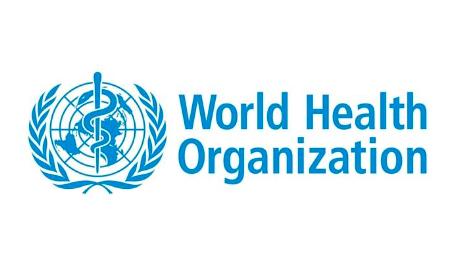Top Health Checks for Women
Women's HealthTaking care of your health is an important part of taking care of yourself and those you love. During the month of March, as we celebrate International Women’s Day (IWD), take a look at the top check-ups for women and make an appointment to see your health care provider if you have something that has been bothering you. If you have any health concerns, it’s always best to discuss these with your healthcare provider first.
Blood pressure
Elevated blood pressure increases the risk of heart attack, stroke and kidney disease. All adult women should know their blood pressure. Annual screening is recommended
Blood Glucose
Women who are overweight or obese, are of ethnicity that is higher risk, or have a family history of diabetes or history of gestational diabetes, need to have their blood glucose checked periodically.
Body Mass Index (BMI)
Your BMI is a measure for obesity. While there are no hard and fast guidelines for how often you should take this measurement, it’s an important number. Your BMI indicates whether or not you are overweight or obese, a condition that raises your risk of serious health problems like diabetes, heart disease and some cancers
Bone Density Screening
Women should start getting screened for osteoporosis at age 65 but those with risk factors for osteoporosis, such as fractures or low body weight, should be screened earlier.
Breast Cancer Early Detection
Breast Cancer is a leading cause of cancer cases and deaths in women. Early detection of cancer can save lives. Common symptoms include lumps, asymmetry, and skim or nipple retraction, changes or bloody discharge. If you have a family history of the disease, or other concerns, talk to your doctor about screening earlier.
Colon Cancer Early Detection
Colorectal cancer is the second most common cancer among women. Early detection of cancer can save lives. It is important to be aware of common symptoms such as change in bowel habits, blood in the stool or unexplained weight loss. If you have a family history of the disease, or other concerns, talk to your doctor about screening earlier.
Dental Check-up
Poor dental health doesn’t just affect your teeth. Tooth and gum infections can negatively impact your well-being so it’s important to look after your teeth. Brush regularly, avoid smoking and sugary foods and make a trip to the dentist every 6 months to keep your mouth healthy. Through regular dental checkups, which involve cleaning and examining the teeth, along with X-rays, your dentist can spot early signs of decay and any other problems.
Lipid Profile Check
This is a tool used to assess your risk of developing heart disease or stroke. If you are at risk for heart disease or stroke, discuss with your doctor regarding the frequency of this blood test. For adults aged 40 years or older, and for those with conditions like obesity or diabetes it is preferable to have the lipid profile which includes total cholesterol and other lipids.
Screening for Cervical Cancer: Pap smears and HPV Testing
During a Pap smear, your doctor uses a speculum to widen the vaginal canal, takes cells from the cervix with a small brush, and examines those cells under a microscope for changes that may lead to cervical cancer. Screening should start at 30 years of age, if the test is negative you can have the test every three to five years. Alternatively, an HPV test can be used to detect Humanpapillomavirus, one of the most common sexually transmitted infections that can lead to pre-cancer and cancer when persistent. The sample will be also taken from the cervix or from the vagina if you use self-sampling. Screening should also start at 30 years of age (earlier for women with HIV) and you can re-do the test after a minimum of five years if the test is negative.
Skin examination
Women can monitor their skin, carefully inspecting the skin all over your body, looking for any new moles or changes to existing moles which can be early signs of skin cancer. Sunburn can cause melanoma and other skin cancers so protecting against sun burn is important for all ages. If you notice any changes to moles see your doctor as soon as possible.
Visual and Hairing Impairment
Your hearing and sight may change as you get older. Things you once took for granted such as reading road signs or holding a conversation in a loud restaurant may become challenging. Download the WHO application hearWHO, a free WHO app to check your hearing and maintain regular eye checks to make sure you are wearing the right prescription glasses or contact lenses if needed










































































































